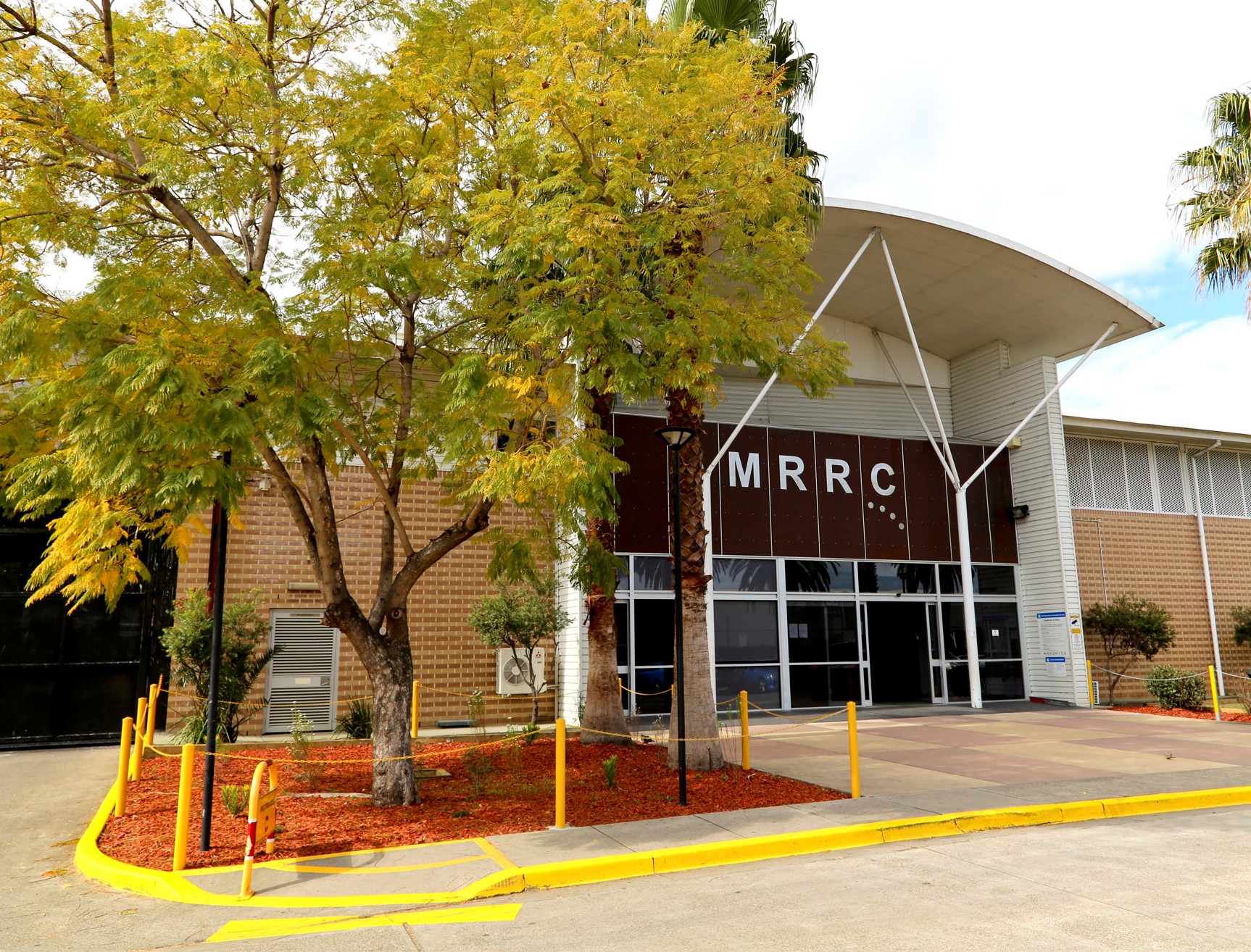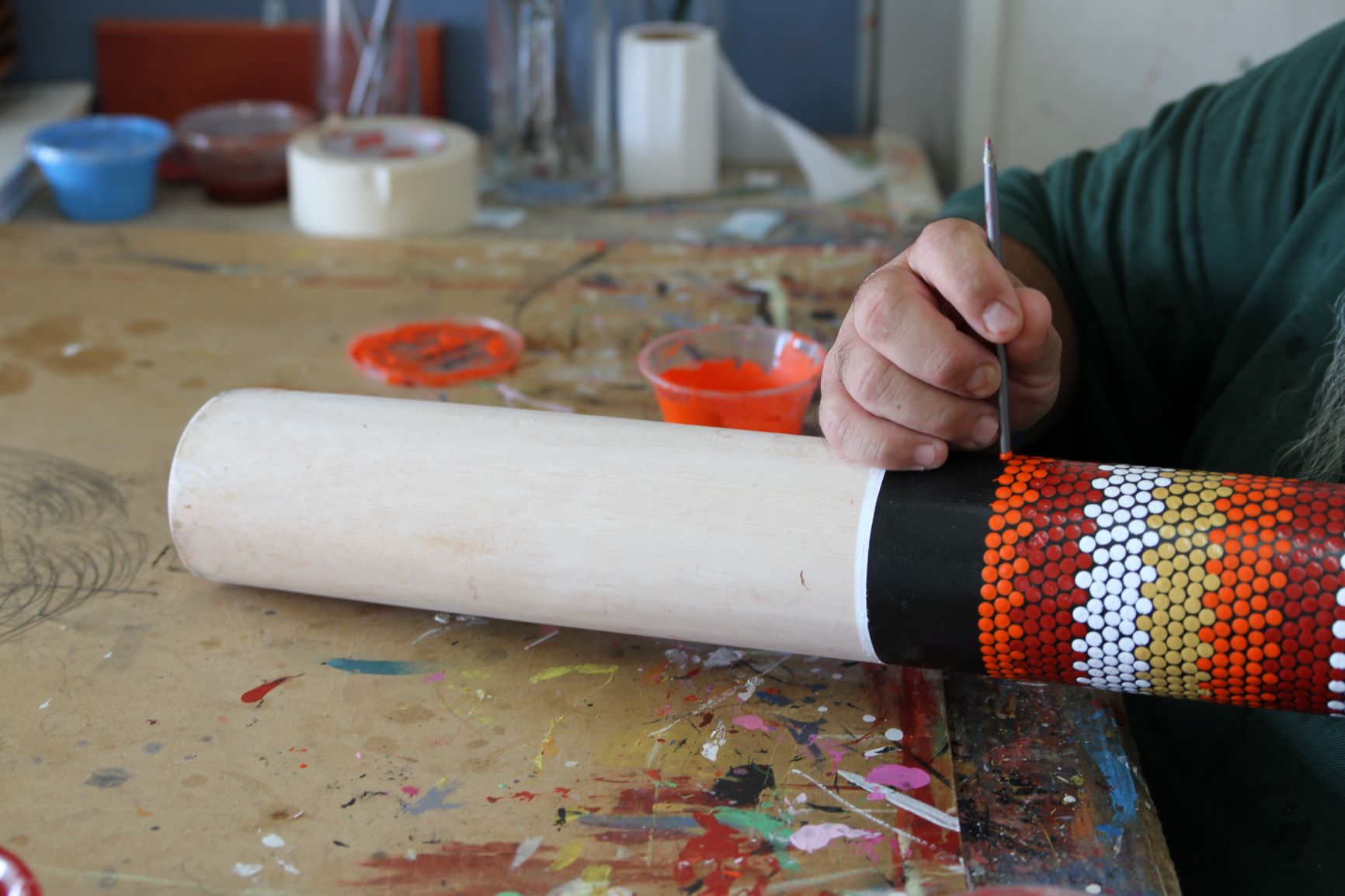Automatic language translation
Our website uses an automatic service to translate our content into different languages. These translations should be used as a guide only. See our Accessibility page for further information.
While the pace of reform slowed during World War I, the Great Depression and World War II, innovations did occur.
Restrictions on the use of library books and magazines were lifted, and education opportunities improved, and an awareness of the importance of psychology when dealing with offenders grew.
The impetus for reform gathered momentum again after World War II when Premier W J McKell appointed a committee to report on prisons. The committee made several recommendations on additional staffing and facilities, improved educational opportunities for prisoners, closer monitoring of prison diets, improvements in industries and in the treatment of mental defectives and inebriates. In the following years, action on these and other recommendations of the committee resulted in a gradual change for the better in general prison conditions.
The system continued to expand, with Silverwater Women's Correctional Centre (the start of the Silverwater complex) opening on 17 September 1969, gazetted as the "Training and Detention Centre for Women, Silverwater".
The period from 1946 to 1976 witnessed the introduction of numerous changes and innovations, such as the foundation of the NSW Probation and Parole Service (now Community Corrections), the work release scheme and weekend detention.
Two major riots at Bathurst Gaol, in October 1970 and February 1974, signalled that there were serious deficiencies in the prison system.
As a result of the Bathurst riots and their aftermath the State Government set up a Royal Commission. Justice Nagle of the NSW Supreme Court was appointed royal commissioner. The royal commission report was tabled in NSW Parliament on 4 April 1978. The Royal Commissioner made a total of 252 recommendations for sweeping changes to the penal system. Most of the recommendations were implemented.
The prison system grew as the state's population grew and Parklea Correctional Centre was opened in October 1983. At the same time there was a reduction in the harshness of punishments, especially under the government of Premier Neville Wran. From 1988 traffic defaulters could have their licences cancelled instead of being imprisoned, while other fine defaulters were able to pay their fines in small amounts over a long period, or carry out unpaid, supervised community work, or serve a sentence in a weekend detention centre.
Some harsher initiatives followed the election of the conservative Greiner government. In 1989 the government abolished remissions on prison sentences and passed legislation to enable the courts to set unalterable minimum terms of imprisonment. The government also opened the first privately-managed prison in NSW, Junee Correctional Centre, in March 1993.
In July 1997, the maximum security Metropolitan Reception and Remand Centre was opened in the Sydney suburb of Silverwater. The then 900-bed centre was one of Australia's largest correctional centres.

Later that year, the government introduced a fine enforcement system where defaulters faced losing their drivers licences or having their car registration cancelled. If their fines remained unpaid, the Sheriff's Office could move to seize assets. As a result of this new scheme, there were no more fine defaulters in the NSW prison system.
The Girrawaa Creative Work Centre, located at Bathurst Correctional Centre, in the state's Central West, was opened in 1998. The Aboriginal and Torres Strait Islander studio was the first of its kind in Australia, and helped inmates develop their art skills, build a portfolio, and learn how to sell their works on release.

23 May 2023
We acknowledge Aboriginal people as the First Nations Peoples of NSW and pay our respects to Elders past, present, and future.
Informed by lessons of the past, Department of Communities and Justice is improving how we work with Aboriginal people and communities. We listen and learn from the knowledge, strength and resilience of Stolen Generations Survivors, Aboriginal Elders and Aboriginal communities.
You can access our apology to the Stolen Generations.